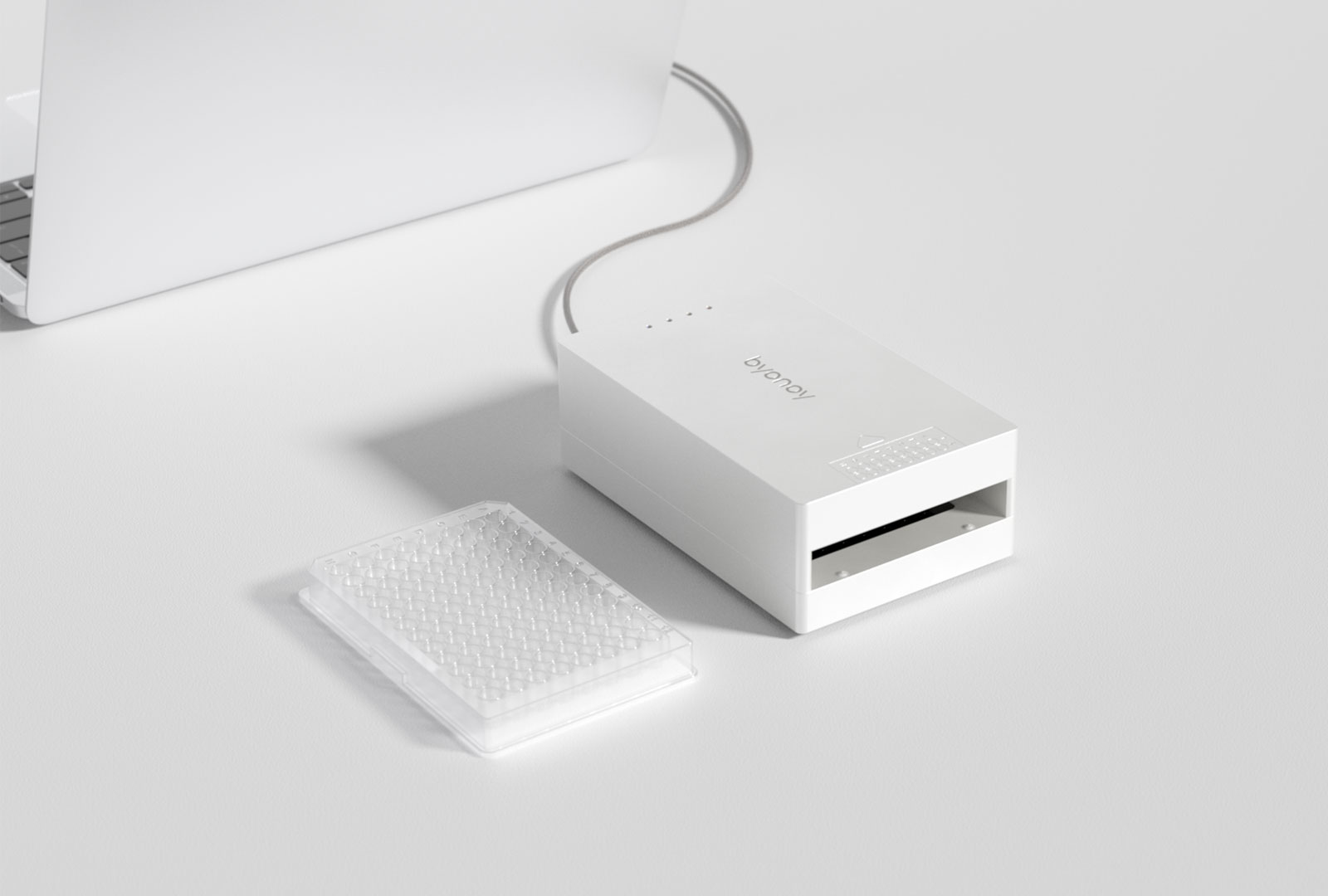ELISA Reader
ELISA Reader: Unlocking Precision in Biomolecular Analysis
Enzyme-linked immunosorbent Assay (ELISA) readers are instrumental devices that play a pivotal role in modern laboratory settings, facilitating the precise detection and quantification of biomolecules. These readers are integral components of immunoassays, particularly ELISA, a widely adopted technique in biomedical and research fields.
How it Works:
ELISA readers operate on the principle of utilizing enzymes to amplify the signal generated from the interaction between specific antibodies and antigens. The process involves immobilizing the target biomolecule (antigen or antibody) onto a solid surface, typically a microplate. After subsequent incubation and washing steps, an enzyme-conjugated secondary antibody is introduced, forming a complex with the immobilized target. The enzyme catalyzes a reaction that produces a measurable signal, usually colorimetric or fluorescent, which is then quantified by the ELISA reader.
The ELISA reader scans the microplate, capturing the intensity of the generated signal. Advanced models offer multi-mode detection capabilities, enabling the analysis of a broad spectrum of biomolecules with enhanced sensitivity and precision.
Use Cases:
Medical Diagnostics: ELISA readers are extensively employed in clinical laboratories for the diagnosis of various diseases, including infectious diseases, autoimmune disorders, and cancer. They enable the detection of specific antibodies or antigens indicative of the presence of particular pathogens or biomarkers.
Drug Discovery and Development: In the pharmaceutical industry, ELISA readers are indispensable tools for screening potential drug candidates and evaluating their efficacy. Researchers use these readers to quantify biomarkers associated with drug response or disease progression.
Environmental Monitoring: ELISA readers find applications in environmental science for detecting and quantifying pollutants, toxins, or contaminants in air, water, and soil samples. This aids in monitoring environmental health and ensuring regulatory compliance.
Food Safety Testing: The food industry relies on ELISA readers for quality control and safety assessments. These devices can detect allergens, pathogens, or contaminants in food products, contributing to the production of safe and compliant consumables.
Research and Academia: ELISA readers are fundamental tools in life science research, enabling scientists to explore various aspects of cell biology, immunology, and biochemistry. They play a crucial role in understanding disease mechanisms and developing novel therapeutic interventions.
Industries:
ELISA readers are pervasive in several industries, including:
- Biotechnology and Pharmaceuticals
- Clinical Diagnostics and Healthcare
- Academic Research and Education
- Environmental Monitoring and Analysis
- Food and Beverage
In conclusion, ELISA readers are indispensable instruments in the realm of biomolecular analysis, fostering advancements in medicine, research, and industry by providing accurate and reproducible results in the detection and quantification of a diverse array of biomolecules. Their versatility and reliability make them indispensable assets in laboratories worldwide, contributing to the progress of science and the improvement of human health and well-being.

